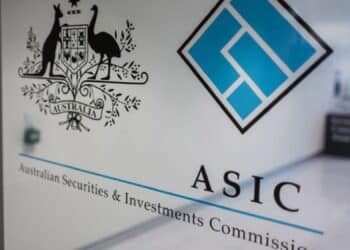Major accounting firm RSM Bird Cameron has issued a caution to company directors that they need to make themselves aware of changes to director penalty notices, which include changes to pay as you go (PAYG) and superannuation obligations.
The company said changes to the director penalty notice regime within the Income Tax Assessment Act 1997 are now imminent, after being passed by the House of Representatives and the Senate on 27 June 2012.
It said the changes would have a significant impact on director liabilities, particularly in the current economic environment where a significant number of insolvent companies have either long overdue PAYG withholding contributions tax obligations and unpaid employee superannuation entitlements.
The RSM Bird Cameron analysis said the legislative changes would mean:
- If a PAYG withholding debt is over three months old and has not been reported to the Australian Taxation Office, the directors will be unable to avoid personal liability through the usual means of making a formal insolvency appointment;
- In some circumstances, associates of the director may also be personally liable;
- Significantly, unpaid superannuation liabilities will now also be covered by the regime.
RSM Bird Cameron national head of turnaround and insolvency Neil Cribb said the changes represented an acknowledgement that the director penalty notices had not had the desired effect, either from a cash collection perspective or in prompting directors to proactively put the company into liquidation or voluntary administration.
However, he said there existed a clear omission from the proposed legislation – making directors personally liable for outstanding GST liabilities.
Cribb said that in his experience, the GST represented the largest component of a company's unpaid tax liability when under financial distress.
He said that while the GST remained outside the director penalty notice regime, the directors of financially distressed companies were most likely to continue the practice – albeit, possibly ill-advised and definitely not recommended – of using GST receipts as a source of working capital.





